- 631-796-2804
- [email protected]
- Mon - Fri: 6:30AM - 5PM
Professional oil and stone installation that costs less than asphalt and lasts longer than you’d expect.
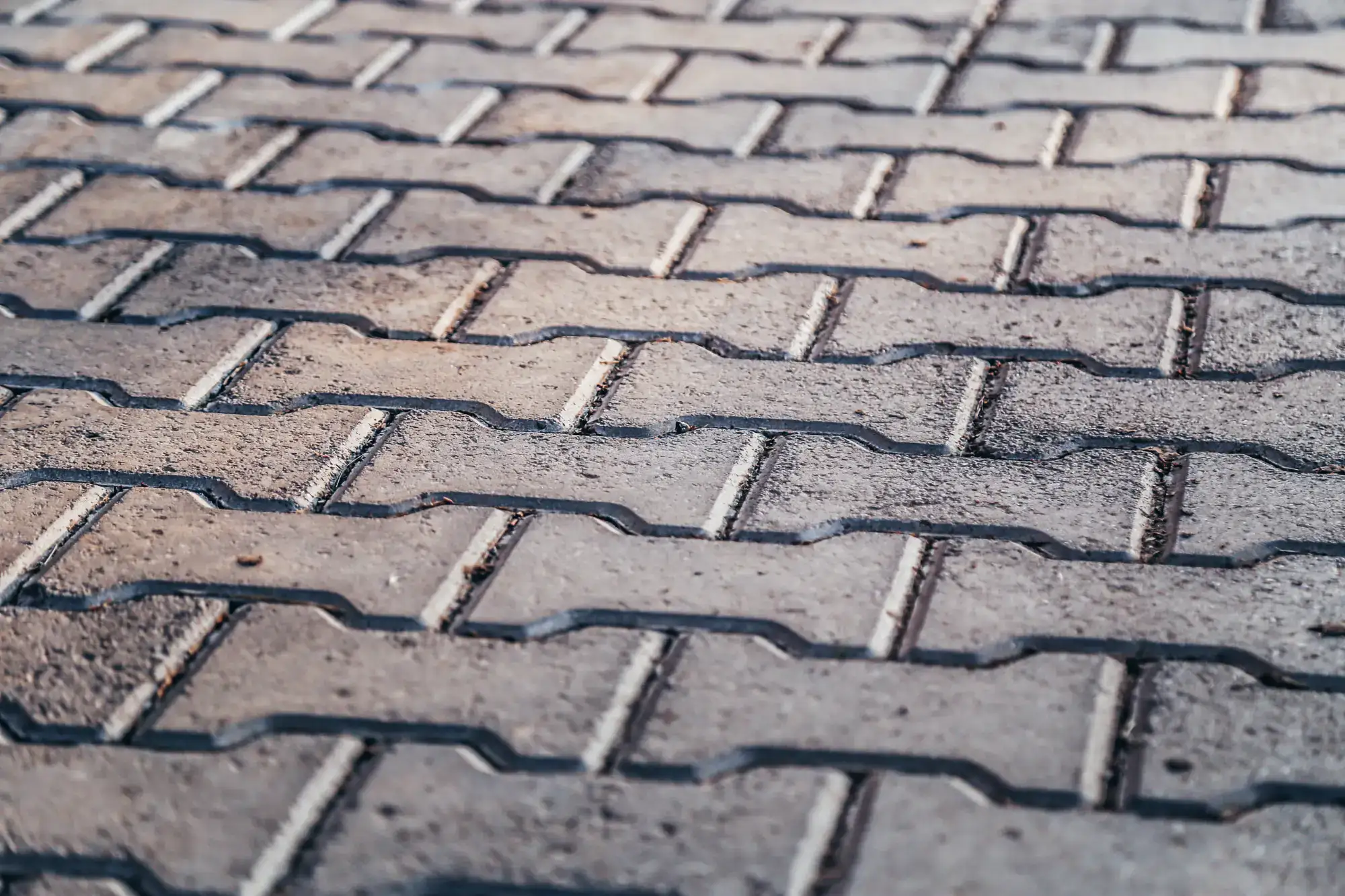
Hear from Our Customers
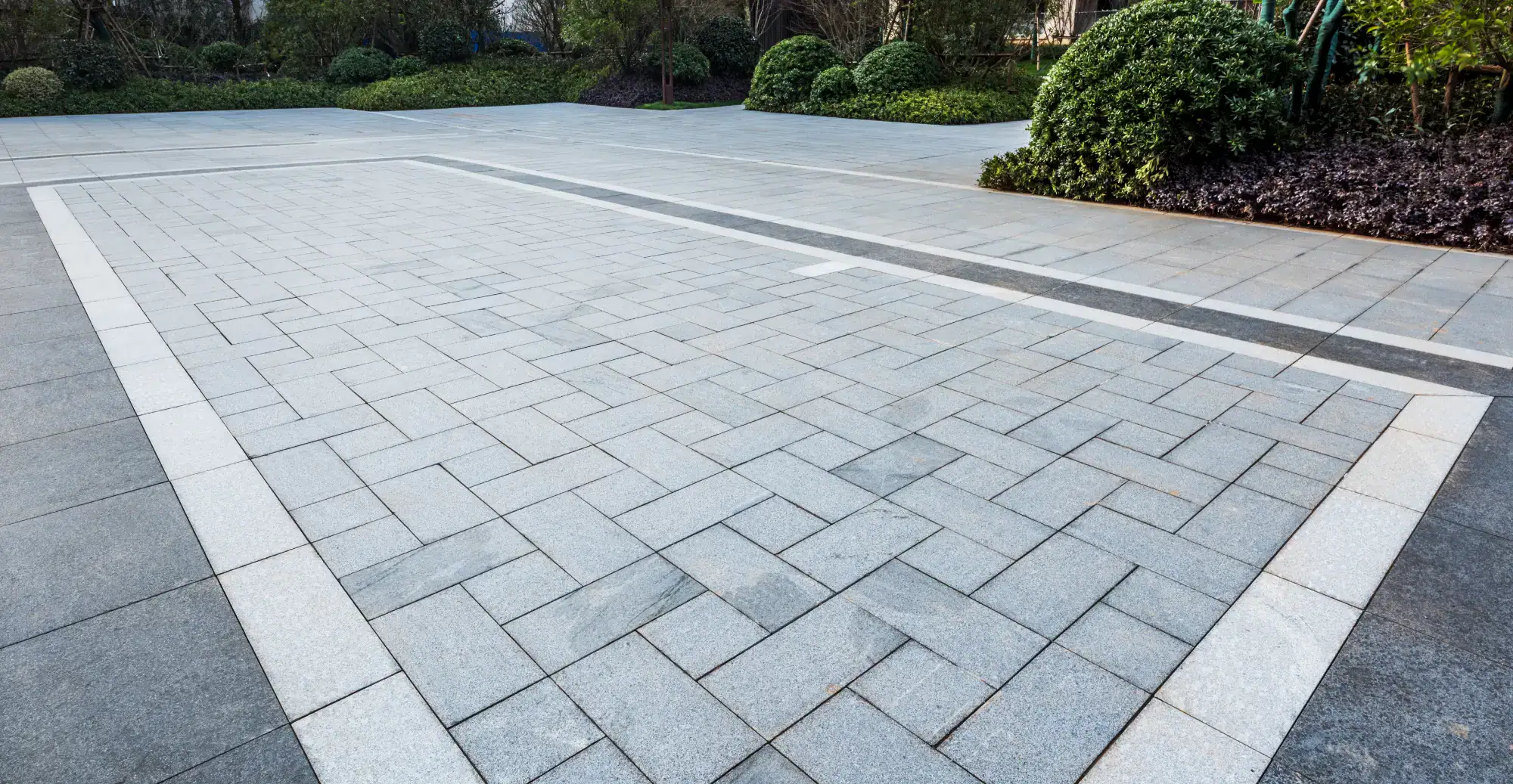
You get a driveway that handles Long Island weather without the premium price tag. Oil and stone driveways drain better than asphalt, which means fewer ice patches in winter and no standing water after storms.
The stone surface gives you better traction year-round. Your car won’t slip and slide like it does on smooth asphalt when it’s wet or icy.
Most homeowners are surprised how good these driveways look. The natural stone gives your property a more expensive appearance than what you actually paid. And when small sections need repair down the road, you’re looking at spot fixes instead of tearing up the whole thing.
We’ve been installing oil and stone driveways across Long Island for years. We understand what works in this climate and what doesn’t.
Most of our work comes from referrals because homeowners see their neighbor’s driveway and want the same thing. We’re not the biggest paving company on Long Island, but we’re the ones people call when they want it done right the first time.
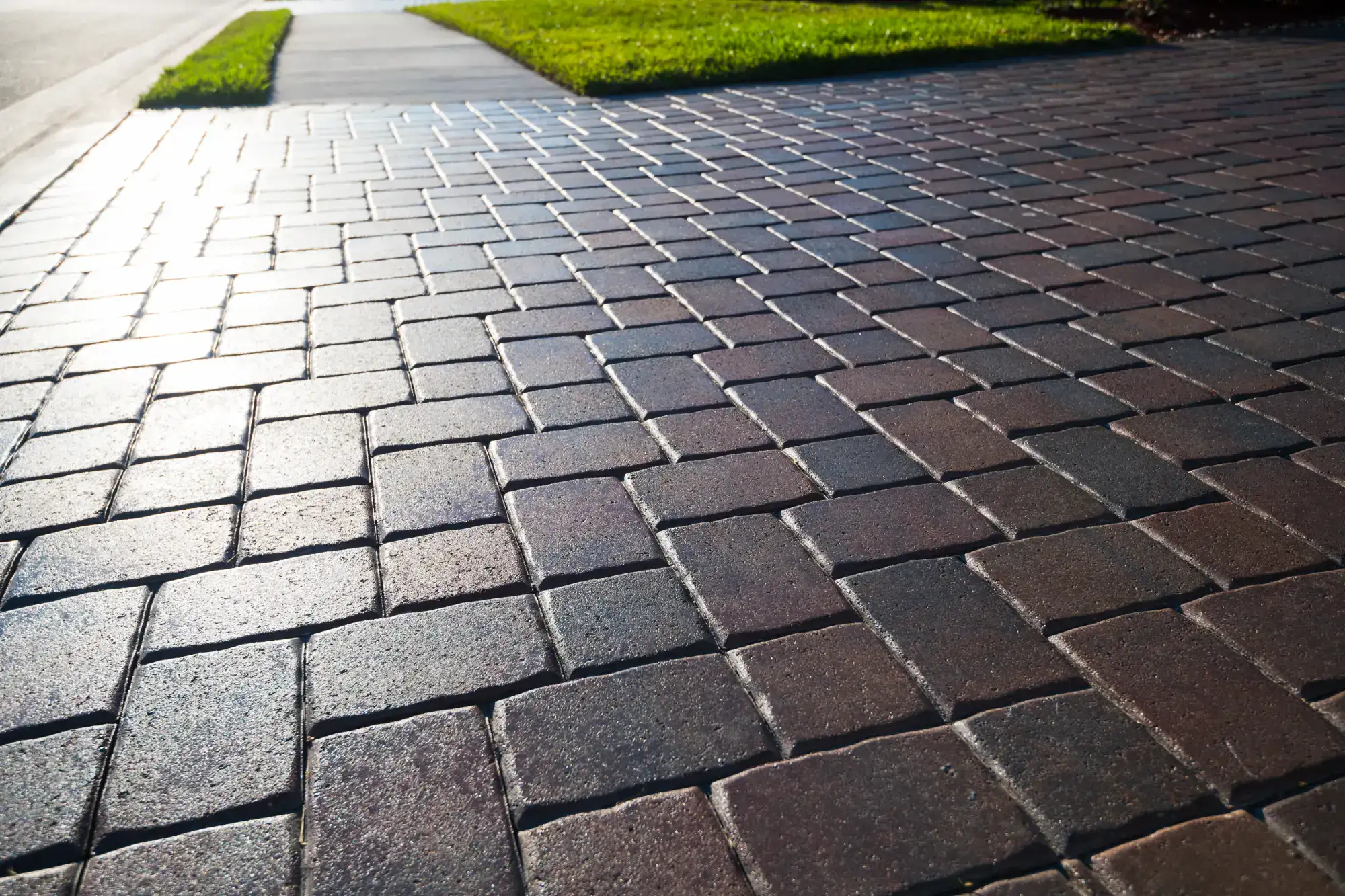
First, we prepare your existing surface. If there’s an old driveway, we evaluate what can stay and what needs to go. Good preparation is what separates driveways that last from ones that fail in two years.
Next comes the oil application. We heat the asphalt emulsion to the right temperature and apply it evenly across the surface. Timing matters here – too hot and it damages the base, too cool and it won’t bond properly.
Then we spread the stone aggregate while the oil is still tacky. We use a specific grade of stone that locks together but still allows drainage. Finally, we compact everything with a roller to set the surface. You can drive on it the same day in most cases.
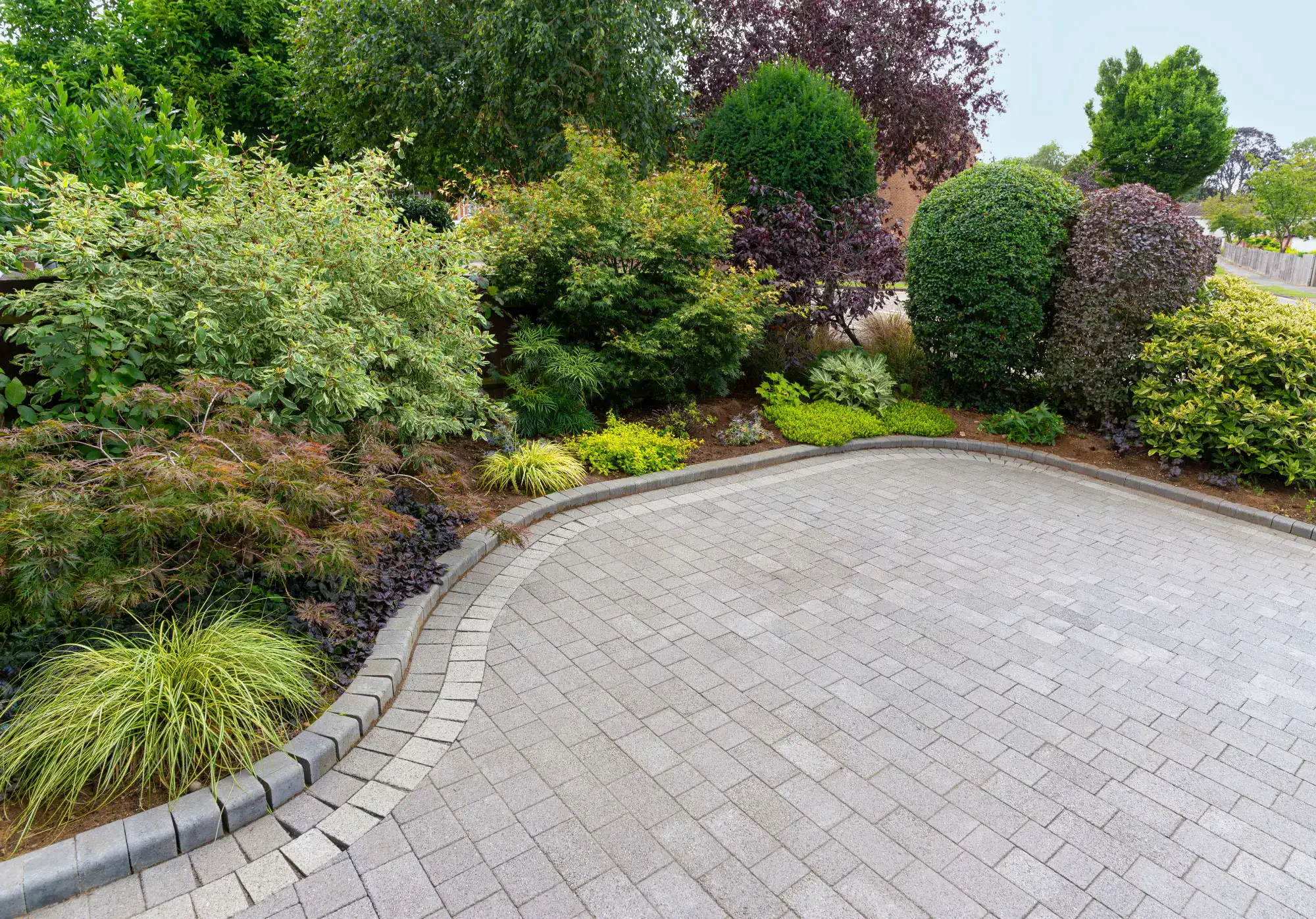
Ready to get started?
Your oil and stone driveway installation includes site preparation, proper grading for drainage, quality asphalt emulsion application, and stone aggregate that’s sized specifically for Long Island conditions.
We handle permits if needed and coordinate with utility companies for any underground line marking. Most Patchogue installations are straightforward, but we’ve dealt with challenging sites including steep grades and drainage issues.
Each project includes a walkthrough where we explain maintenance basics. Oil and stone driveways need occasional stone replenishment in high-traffic areas, but it’s something most homeowners can handle themselves or we can take care of during routine maintenance visits.
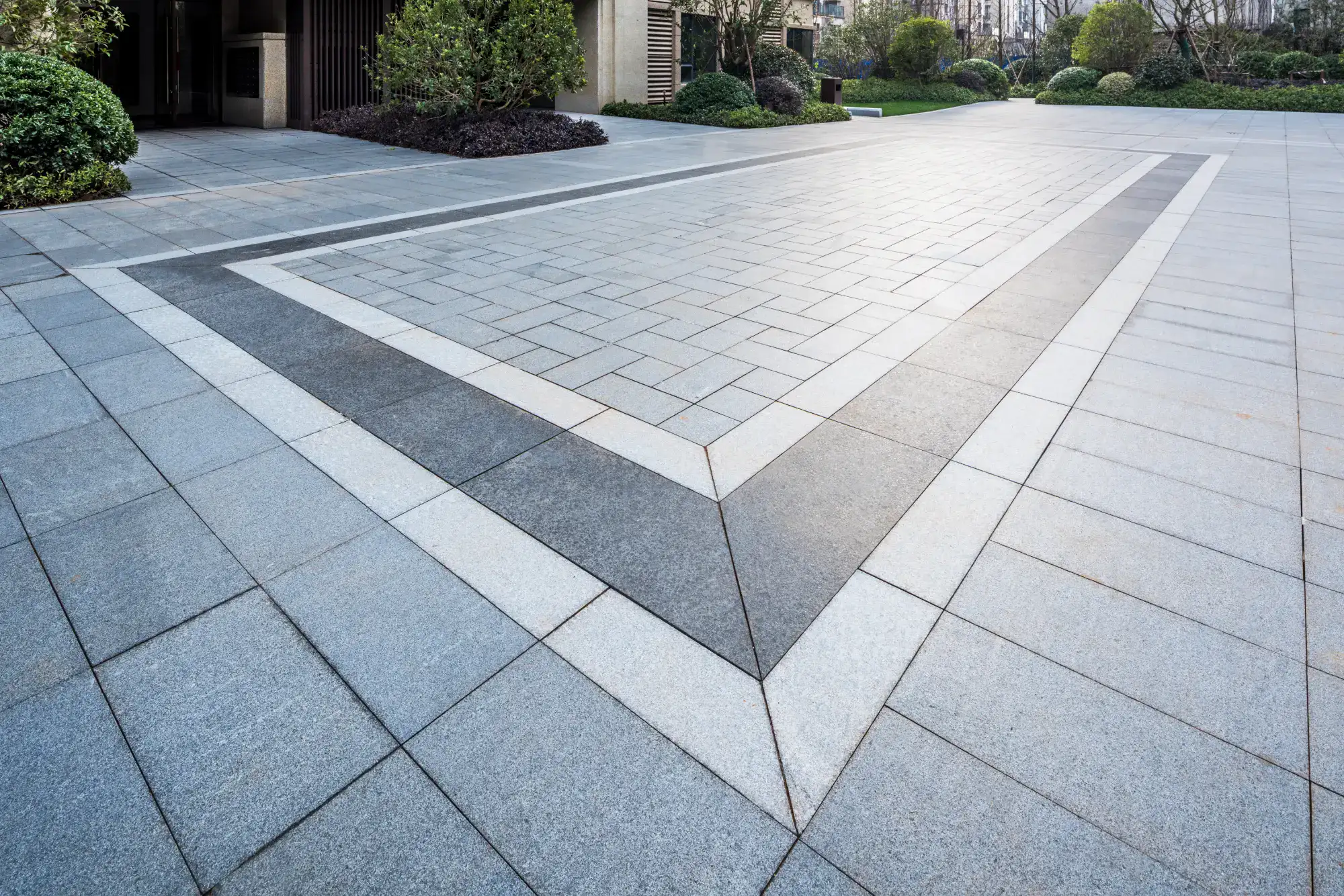

We are a family owned and operated paving contractor servicing customers on the East end of Long Island. We specialize in all phases of paving from start to finish.